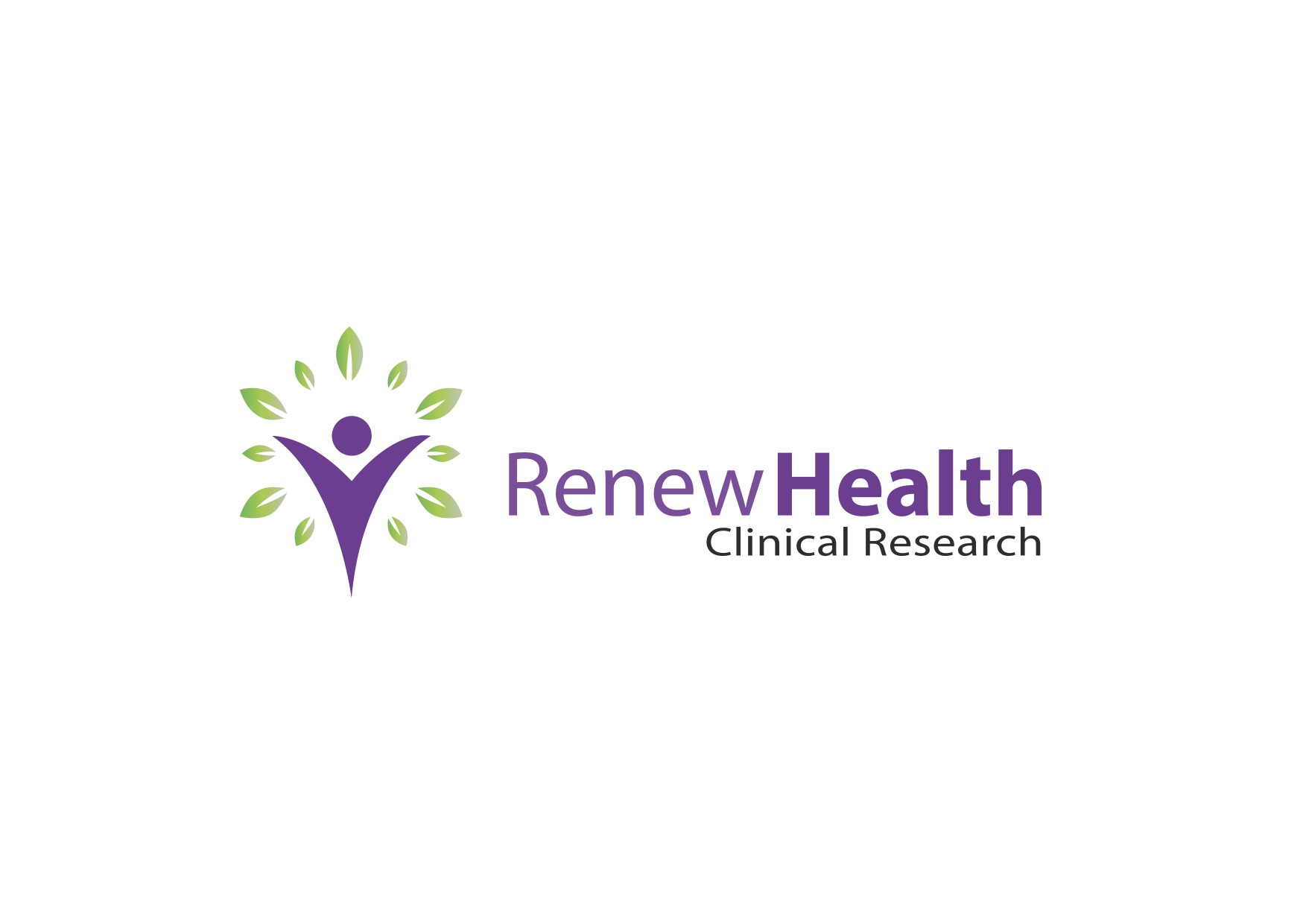Finding Clinical Research Trials Near You
- Javonte Maynor

- Oct 3
- 4 min read
When it comes to exploring new ways to improve health or manage a condition, finding local clinical trials can be a game-changer. You might wonder, "Where do I even start?" or "Is it safe to participate?" I’ve been there too, and I want to share some straightforward tips and insights to help you navigate this journey with confidence.
Why Look for Local Clinical Trials?
Finding local clinical trials has a lot of perks. First, it’s convenient. You don’t want to travel hours just to attend appointments or follow-ups. Local trials mean less hassle and more time for your daily life. Plus, being close to the trial site means you can get quick support if you have questions or side effects.
Another reason is the chance to contribute to medical progress. Participating in a trial means you’re helping researchers find better treatments for everyone. It’s like being part of a team working toward a healthier future.
If you’re curious about how to find these trials near you, keep reading. I’ll walk you through practical steps and share some tips that worked for me.

How to Find Local Clinical Trials
Finding local clinical trials isn’t as complicated as it sounds. Here’s a simple plan you can follow:
Start Online
The internet is your best friend here. Websites like Renew Health Clinical Research offer listings of ongoing trials. You can search by location, condition, or treatment type. This helps you narrow down options close to home.
Talk to Your Doctor
Your healthcare provider knows your medical history and might be aware of trials that fit your needs. They can also help you understand the risks and benefits.
Check Local Hospitals and Universities
Many hospitals and universities run clinical trials. Visit their websites or call their research departments to ask about current studies.
Use Government Resources
The National Institutes of Health (NIH) runs a database called ClinicalTrials.gov. It’s a comprehensive resource where you can filter trials by location and condition.
Join Support Groups
Sometimes, patient support groups share information about trials. They can be a great source of firsthand experiences and recommendations.
Remember, when you find a trial, read the details carefully. Look for eligibility criteria, what the trial involves, and any potential risks.

What are the Three Main Types of Clinical Trials?
Understanding the types of clinical trials can help you decide which one might be right for you. Here are the three main categories:
Treatment Trials
These test new treatments, drugs, or combinations to see if they work better than current options. For example, a new medication for diabetes might be tested to see if it controls blood sugar more effectively.
Prevention Trials
These focus on ways to prevent diseases before they start. This could include vaccines, lifestyle changes, or supplements.
Diagnostic Trials
These trials look at new ways to detect diseases earlier or more accurately. For instance, a new imaging technique might be tested to catch cancer sooner.
Each type has its own goals and procedures, so knowing which one you’re interested in can guide your search.

What to Expect When You Join a Clinical Trial
Joining a clinical trial might feel like stepping into the unknown, but knowing what to expect can ease your mind.
Screening Process
Before you start, there’s usually a screening to see if you qualify. This might include medical exams, blood tests, or questionnaires.
Informed Consent
You’ll get detailed information about the trial, including potential risks and benefits. You’ll have to sign a consent form before participating.
Regular Visits
Trials often require regular check-ins, tests, or treatments. These visits help researchers monitor your progress and safety.
Possible Side Effects
Since some treatments are new, side effects might occur. The research team will watch closely and provide support.
Confidentiality
Your personal information is protected. Data is usually anonymized to keep your identity private.
Remember, you can leave a trial at any time if you feel uncomfortable. Your health and well-being come first.
Tips for Making the Most of Your Clinical Trial Experience
If you decide to participate, here are some tips to help you get the most out of the experience:
Ask Questions
Don’t hesitate to ask about anything unclear. Understanding the process helps reduce anxiety.
Keep a Journal
Track your symptoms, side effects, and any questions that come up between visits. This can be helpful during appointments.
Bring a Support Person
Having a friend or family member with you can provide emotional support and help remember details.
Follow Instructions Carefully
Adhering to the trial’s guidelines ensures accurate results and your safety.
Stay Positive
Remember, your participation is valuable. Even if the treatment doesn’t work for you, you’re helping science move forward.
Finding and joining local clinical trials can feel like a big step, but it’s one worth taking. With the right information and support, you can make an informed choice that benefits both you and others.
If you want to explore options, check out clinical research trials near you today. It might just be the opportunity you’ve been looking for.




Comments